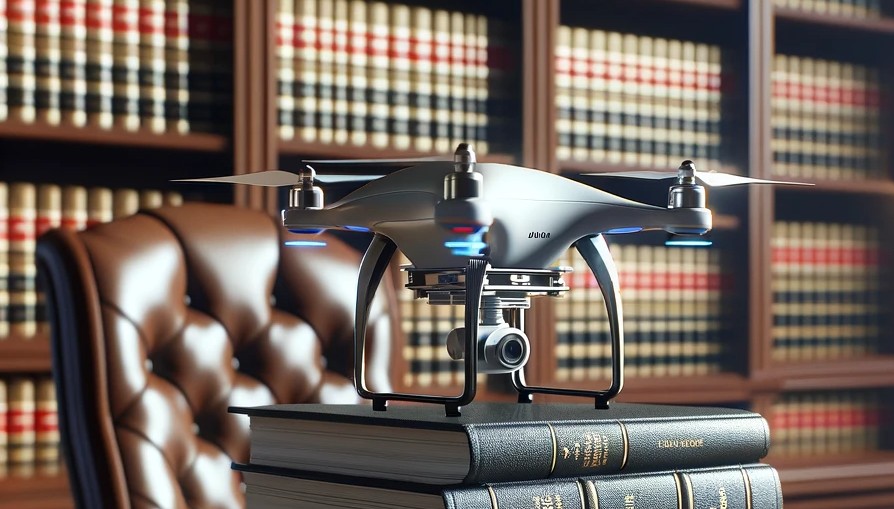
Usually back in the boilerplate section, technology contracts often contain a provision saying the parties will not issue press releases without the prior written consent of the other party. Here is a recent case where failure to strictly abide by such a requirement resulted in the breakdown of an important licensing arrangement, followed by expensive and difficult litigation.
An exciting drone software collaboration
Plaintiff entered into a software licensing agreement with defendant whereby plaintiff could use defendant’s avionics software for drones. The agreement gave plaintiff a limited exclusive license to certain functionality in the software.
The licensing agreement defined confidential information to include the terms of the agreement. The parties could not use any confidential information other than as required to exercise a right or perform an obligation under the agreement. The agreement also restricted the parties from issuing press releases without the other party’s prior written approval.
Fateful quick email exchange right before vacation
On a Sunday in August 2022, an employee of defendant wrote to defendant’s CEO, letting defendant know that plaintiff was developing a press release. The message concluded with, “Let me know if you have any objections, or if you want to send us a quote or have our PR team make a quote[.]”
Three minutes later the CEO wrote back with the following: “That sounds great. I’m on vacay all week up in the Adirondacks. You guys can make up some quote – I’m sure it will be fine or at least a great start.”
Going public with what should have stayed private
On Wednesday of that week – without further contact with defendant – plaintiff issued a press release discussing the parties’ relationship. The press release stated, in part, that under the terms of the software licensing agreement between the parties, the “software will only be made available to [plaintiff],” and that “[c]ompetitors will have to develop their own software or secure licenses from others with inferior test performance.”
On Friday (probably the last day of the CEO’s “vacay . . . up in the Adirondacks”), defendant sent a letter to plaintiff terminating the agreement. Defendant cited to a provision of the agreement enabling it to terminate immediately upon breach of the agreement’s confidentiality provision. The letter explained that plaintiff had issued the press release without defendant’s consent and that the press release included confidential information.
And then the lawsuit
Plaintiff sued, asserting breach of contract, namely, that defendant improperly declared the agreement terminated, and improperly ceased fulfilling its obligations under the agreement. Defendant moved to dismiss the claims. The court granted the motion.
Court: defendant had the right to terminate
The court found that it was “express and plain” that the definition of confidential information included the terms of the agreement. And when plaintiffs disclosed language from the agreement discussing the exclusive license, plaintiffs breached the agreement, giving defendant a right to terminate, which it exercised.
The court also rejected plaintiff’s argument that defendant’s CEO’s Sunday pre-vacation quick response email gave consent for the press release. The court found that rather than serving as approval of the press release that was issued, the consent the CEO provided was for the continued development of a press release and qualified permission to make up a quote for him as part of the development process. Moreover, the harms to defendant arising from plaintiff’s mischaracterization of the parties’ relationship were “precisely the effects that are avoided by requiring ‘prior written consent’ before publication of Confidential Information in a press release.”
Red Cat Holdings, Inc. v. Autonodyne LLC, 2024 WL 342515 (Del. Ch., January 30, 2024)
See also:
